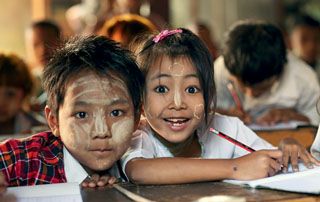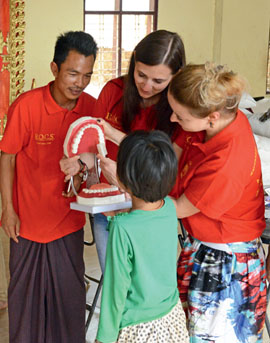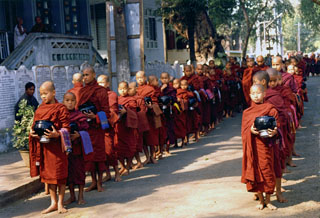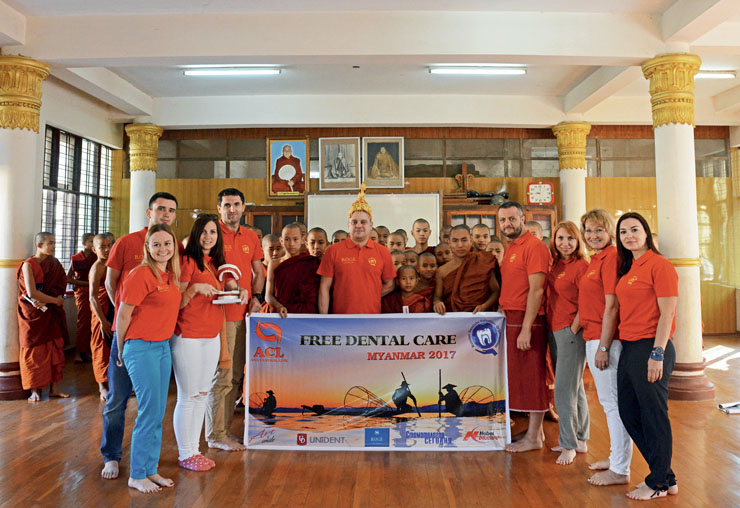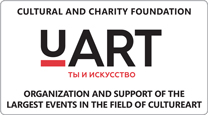Six Years on the Road to Mandalay
Russian dentists have completed a long-running volunteer
project
Text:
Elena Lyashenko
Photo: Andrey Akulovich, Dietmar
Temps, Marina Di Guard
In
early 2017, a team of Russian dentists traveled to Myanmar in order to educate
the locals on the importance of dental care, bringing them R.O.C.S.
toothbrushes and paste as presents. This round has become the last
for the
Myanmar 2017 became the sixth expedition of Russian dentists to Asia. The project's masterminds — Andrey Akulovich, Associate Professor at the Pavlov State Medical University and Head of the Denticure clinic and Roman Maslov, Head of the Department of Surgery at the President clinic — had a longtime desire to visit Myanmar. “Four years ago, on our way back from Cambodia after the second volunteer tour, I bought a fresh issue of GEO magazine with the word Burma on the cover, and that's how we came up with a new destination,” Andrey Akulovich explains
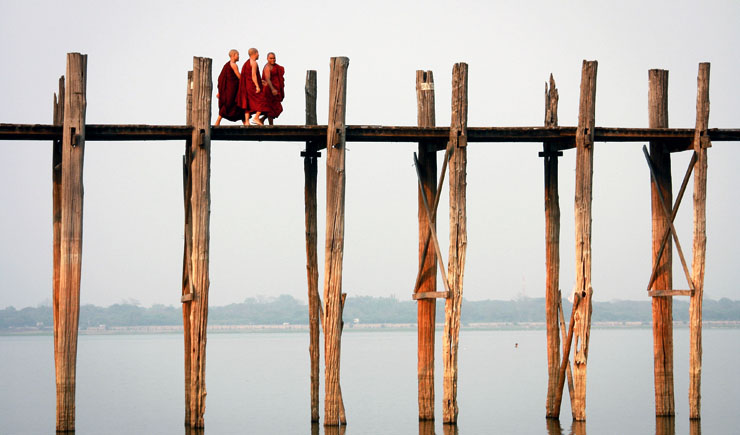 |
|
|
The Road to Mandalay
The project of
the Russian Dental Volunteer Organization started almost seven years ago as a
prospect for adventure shared among
|
All sides of local life are painted with the people's spirit |
Mandalay, the
former capital of Burma (the country changed its name to Myanmar only in 1989)
and its second largest city, became the starting point of the volunteers'
journey. The easiest way to get there was through Bangkok. Although Myanmar
shares border with Thailand and occupies a greater area than the latter, the
number of visitors from Russia is many times lower. On the one hand, this is
great: a culture unspoiled by globalization, with churches and palaces free of
tourists. But the participants of the Myanmar 2017 tour immediately faced the
other side of Myanmar's remoteness: almost no one spoke English, the quality of
local hotels was difficult to compare with that of neighboring Thailand,
The first education session of the Russian Dental Volunteer Organization was held in Mandalay, with some dozens of monks and nuns from a local monastery being the first students. That's right, monasteries in Myanmar are not divided into male and female. The only difference is that men wear maroon robes, while women have pink ones. The dentists traditionally began with telling the students about Russia and their mission. They explained why it is important to watch one's dental health and how to do it. Using large demonstration models of human jaws, they showed how to brush teeth properly and then asked the students to step forward and repeat the procedure in order to memorize it better. After answering questions from the audience, the volunteers gave to the students some presents from the R.O.C.S. brand: toothbrushes and paste tubes of the Teens and Adult series were presented respectively to children and adults. After the session, the visitors went to see nearby temples and a floating village in the middle of the beautiful Inle Lake. The next leg of the journey lay to the city of Pagan.
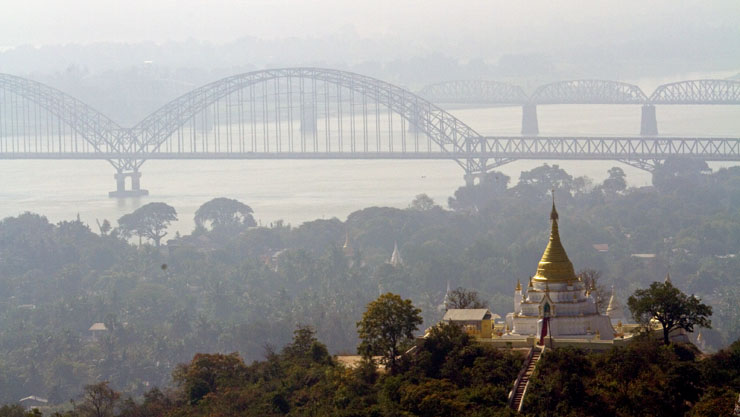 |
|
…BUT THAT'S ALL SHOVE
BE'IND ME — LONG AGO AN' FUR AWAY AN' THERE AIN'T NO 'BUSSES RUNNIN'
FROM THE BANK TO MANDALAY; AN' I'M LEARNIN' 'ERE IN LONDON WHAT THE
|
Resin and Buddha’s Teeth
|
Education sessions reveal that the average level of knowledge about oral hygiene among locals is low |
“ We couldn't help noticing the gratitude the Burmese people displayed when accepting the gifts from R.O.C.S. Even for those not really poor, a good toothbrush and quality paste were not considered essentials,” Andrey Akulovich says. “The average level of knowledge about oral hygiene was pretty low, as our education sessions revealed. We asked the locals how they cared for their teeth, and it turned out they use twigs. They would break a twig off a tree, split it at one end, and use this improvised brush for cleaning their teeth. For dentifrice, they often use coal or some kind of resin. But this is not due to poverty or ignorance — rather, a traditional way to do it, a habit. The Burmese are extremely reluctant when it comes to abandoning their ancient ways”.
The next education session took place
in the township of Nyonshue on the way to Bagan, the ancient heart of
Burma. Bagan is called the City of Four Thousand Temples. And in truth, its
pagodas and stupas — Buddhist religious buildings — are countless.
According to the local monks, the Shwezigon and Lokananda Chaun stupas hold the
teeth of Buddha himself. Naturally,
The Many-Faced
Myanmar
Myanmar is a land of contradictions.
For all its conservatism, detachment from rest of the world, and
adherence to the tradition, it goes through constant changes. Several
times in its history the country changed its name, capital, flag, and coat
of arms. The 60−million population is made up of more than
100 nationalities and belongs to many religious denominations dominated
Yangon ceased to be the capital only recently — in 2005 — and still has not lost the status of the No. 1 metropolis. Here the participants of the tour were invited to a reception at the Russian embassy. Having provided the diplomats with R.O.C.S. brushes and toothpaste — all made in Russia — the dentists then visited a local shelter in order to hold another oral hygiene education session.
|
Monasteries in Myanmar are not divided into male and female ones. The only difference is that men wear maroon robes, while women have pink ones
|
“Our last effort as educators also
took place here, at a very homelike monastery near Yangon. For the first time
we were working
Three monasteries, one shelter
and an embassy reception — this was the itinerary of the
2017 Myanmar trip. After completing it, the volunteers rewarded themselves
“As the person who headed all six
volunteer trips, I believe that the program we have planned several years ago
is now completed,” Andrey Akulovich sums up. “There is only one exception: we
are ready to spend every August in Sri Lanka, with a visit to the Tooth
Festival included. This is a thoroughly worked
|
The Russian Dental Volunteer Organization team visiting a monastery |
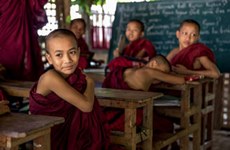
Another school day for the young Burmese |

It is important to learn about hygiene but also to hold on to the new knowledge |
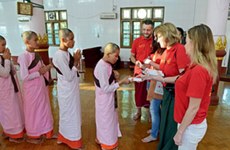
The itinerary contains three monasteries, one shelter and an embassy reception |
Back

